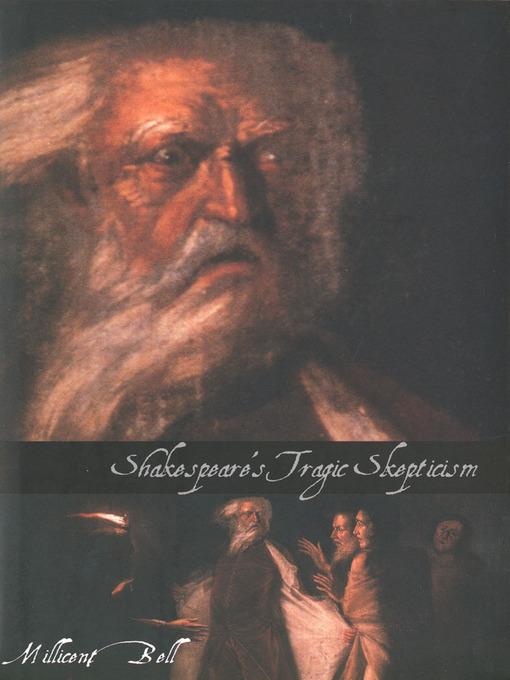
Shakespeare's Tragic Skepticism
- اطلاعات
- نقد و بررسی
- دیدگاه کاربران
نقد و بررسی

September 15, 2002
Although chiefly a specialist in American literature who has authored books on J.P. Marquand and Henry James and has edited the Library of America edition of Nathaniel Hawthorne's novels, Bell (English, Boston Univ.) offers a perceptive and illuminating examination of Shakespeare's tragedies. Focusing on Hamlet, Othello, King Lear, and Macbeth and the Roman tragedies Julius Caesar and Anthony and Cleopatra that frame them, Bell observes that Shakespeare's tragedies often place conflicting and contradictory ideas that cannot be resolved into the unified vision of a coherent universe. These contradictions, she argues, are not a matter of compositional carelessness, New Critical ambiguity, or postmodernist aporia but Shakespeare's expression of a philosophical skepticism. While influenced by New Historicism, Bell further argues that this skepticism goes beyond the ideologies of its time to question the ideas of self, identity, causality, and motivation. Her treatment is thoroughly versed in both Shakespearean criticism and literary theory without being heavy-handed or pedantic, yet it is illuminating and accessible to the general reader. Recommended for academic and public libraries.-T.L. Cooksey, Armstrong Atlantic State Univ., Savannah, GA
Copyright 2002 Library Journal, LLC Used with permission.




دیدگاه کاربران